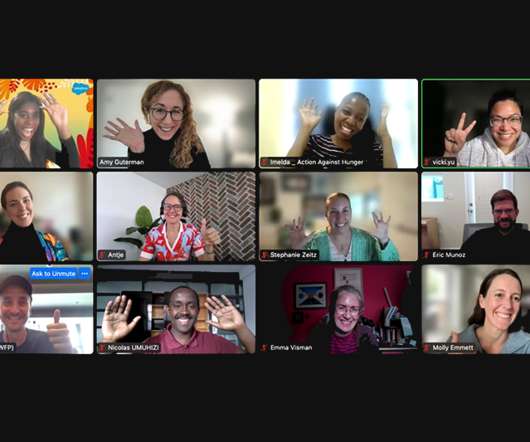A View of the Cloud from Brazil
Tech Soup
OCTOBER 3, 2011
Brazil is one of the fastest-growing economies in the world, but the cost of broadband Internet is hobbling cloud adoption in the region. We discussed cloud adoption in Brazil's NGO sector with Valter Cegal of TechSoup Brasil. ATN is an NGO association of over 2,000 telecenters. is four times higher than in Brazil.











Let's personalize your content